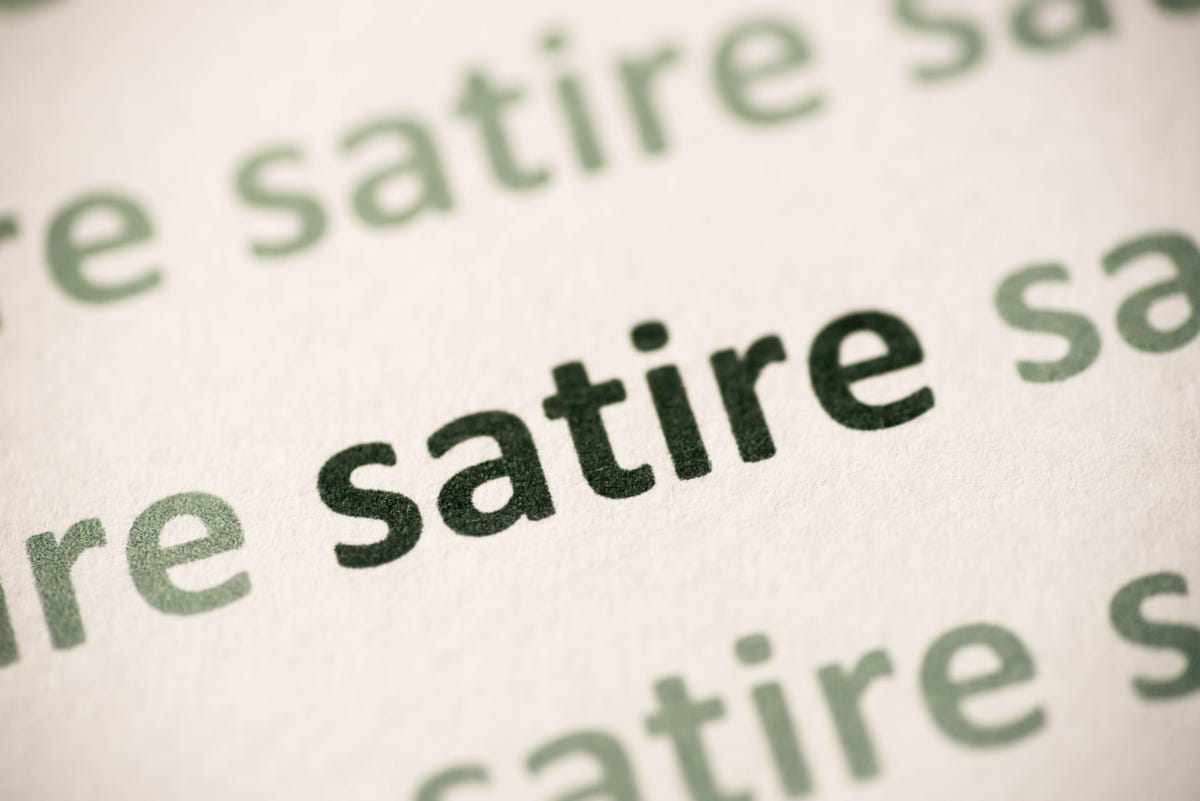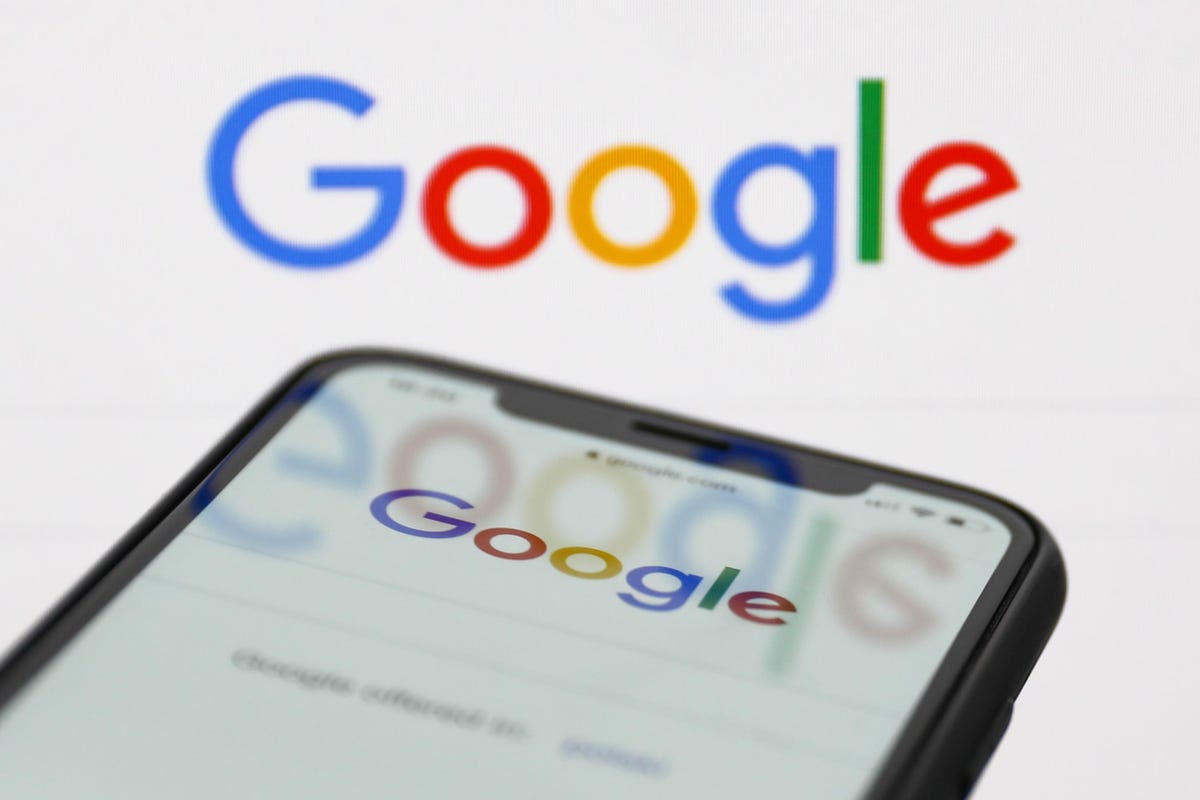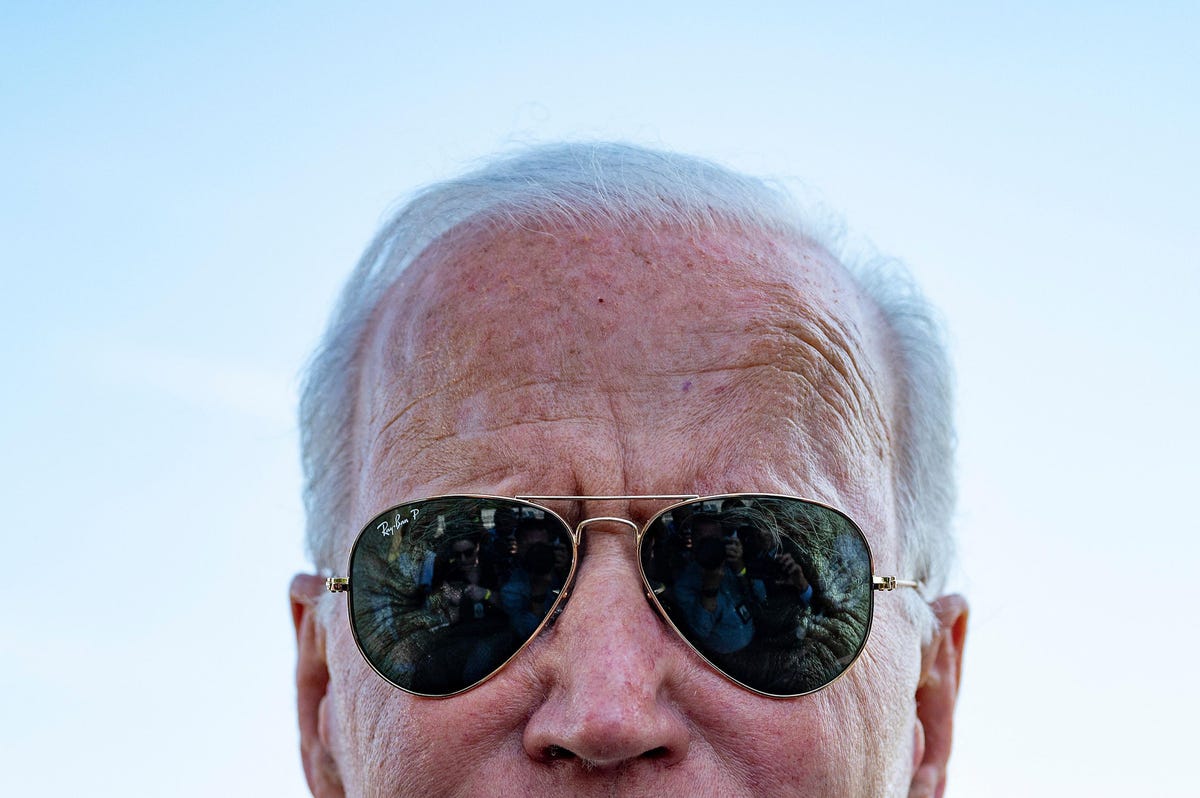Christian Zelaya / Forbes
Ah, free speech on-line, a capability to say no matter, every time. Issues like, The sky’s pink! Or to insist President Biden is an area alien. The coronavirus? George Soros began it—in a cave, in Irkutsk. Soros!
Letting individuals have their unfettered say could seem good—till you got down to run a multibillion-dollar enterprise with 7,500 staff, deep-pocketed rivals, mounting debt obligations and a income mannequin constructed completely round advertisements from mainstream manufacturers. The latter characterize a set of stakeholders who are inclined to get antsy about paying hundreds of thousands of {dollars} to put their pictures and movies subsequent to posts positing that Biden actually is an area alien from a pink-sky planet. Which appears to be one thing alongside the traces of what Elon Musk is suggesting ought to occur at Twitter as soon as his $44 billion takeover closes later this year.
Musk hasn’t had a lot to say about how he’ll run Twitter. However on the purpose of free speech, he’s been the clearest: Twitter ought to enable extra speech, echoing a well-recognized line of Republican complaints about Twitter, criticism made vociferous after Twitter barred President Trump after the Jan. 6 riots. “I hope that even my worst critics stay on Twitter, as a result of that’s what free speech means,” Musk tweeted on Monday. In an earlier tweet, he characterised himself as a “free speech absolutist.” He tried to make clear a bit afterward: “By ‘free speech’, I merely imply that which matches the regulation.”
With an almost-anything-goes mentality, “there’s the potential for model questions of safety to come up and for manufacturers to rethink if it is a platform that they need to spend money on and be aligned with,” says Brendan Gahan, companion and chief social officer on the San Francisco promoting company Mekanism. He speaks not from some frilly liberal bubble. Mekanism’s shoppers have included manufacturers like Quaker oatmeal, Alaska Airways and Georgia-Pacific (a Koch subsidiary). “I’d definitely think about that ourselves and the manufacturers we work with would revisit whether or not or not it is a spot we need to be aligned with.”
Truly, it’s relatively onerous to search out somebody on Madison Avenue who thinks Musk’s plan sounds wise. Sarah Hofstetter, the previous chairwoman and CEO of New York-based company 360i, provides a concurrence. “If you happen to’re a model, you need an surroundings that’s secure sufficient in your model to have the ability to really feel snug talking,” says Hofstetter. Although she left 360i in 2018, she’s nonetheless serious about this kind of factor from a seat on Campbell Soup’s board. “There’s all the time a dialog about navigating what is correct for the protection of a model earlier than it agrees to play on a platform. It’s one thing that’s been occurring, gosh, for the higher a part of a decade, proper?”
It’s, however Musk appears intent to roll again Twitter to an excellent earlier period, poised to drop or restrict the content-moderating practices the corporate has more and more added over the previous couple of years. He’s floated some actual doozies since first disclosing his Twitter shareholder on April 4—like, flip Twitter HQ right into a homeless shelter—however the one purposing better free speech is probably the most perilous proposal, promoting executives say. It’ll scare the stuffing out of Twitter’s advertisers, and advertisements are important to Twitter, accounting for the whole thing of its $5.1 billion in income, jeopardizing it.
Mark Weaver understands this case properly. He’s the founding father of MeWe, a small social media app favored by conservatives that takes a (put politely) light-handed method to content material moderation. “Absolute free speech doesn’t work to develop a platform,” he says. A thriving advertisements enterprise and unrestricted free speech? They merely can’t go collectively if an organization need to hold the lights on. MeWe did $7 million in annual income final 12 months not by means of advertisements however by means of month-to-month and annual subscriptions. “When a website is stuffed with trolls and other people espousing hate and violence and prejudice, it’s simply not tolerable for good individuals.” And whether or not you suppose entrepreneurs fall into that class or not, it will definitely apply to the viewers they hope to achieve by means of Twitter advertisements.
Musk doesn’t have loads of wiggle room until he desires to let Twitter function at a loss, funding it from his appreciable private fortune ($239.2 billion finally, greatest estimate). Twitter already struggles to monetize its customers as efficiently as Meta, bringing in round $25 in annual income per person in comparison with Meta’s $41. As a result of Twitter collects solely restricted person information (age, title, cellphone quantity), its advertisements are seen as much less worthwhile than Meta’s, which serve up a smorgasbord of knowledge on our lives and pursuits to advertisers. There are some industry-wide challenges, too, together with adjustments to Apple’s iOS software program that’ve allowed customers to cease apps from monitoring them—making cell advertisements much less worthwhile—in addition to inflation and recession fears weighing on advert budgets.
But what might make Twitter’s monetary state of affairs really untenable is the debt, the $12.5 billion in loans taken by Musk to fund his acquisition that Twitter Inc. might want to pay for. (Including debt to an acquired firm’s steadiness sheet is a regular buyout tactic.) With the loans’ charges round 4% to five%, Twitter might want to pay between $1.15 billion to $1.3 billion a 12 months simply in curiosity. Final 12 months, it didn’t handle to make greater than $167 million in earnings earlier than curiosity and taxes.
OK, to recap: If Musk did nothing to vary Twitter, he’d nonetheless have to considerably elevate profitability to afford the corporate’s elevated debt. But when he makes vital adjustments to Twitter’s income mannequin by permitting extra questionable speech there, driving away advert {dollars}, he might want to substitute that misplaced income by some means whereas additionally rising revenue to accommodate the debt. This doesn’t account for a mind-numbing third state of affairs the place Musk would (1) promote free speech, decreasing advert income, (2) substitute the misplaced income and develop gross sales in a manner that doesn’t contain advertisements and (3) enhance profitability to pay for the debt. In any of those situations, his greatest instruments for undertaking the profitability enhance are cost-cutting (layoffs, to start out) and growing some higher-margin product.
If Musk doesn’t need advertisements, the apparent media-business ploy is a subscription product. Final 12 months, Twitter began to experiment with one known as Twitter Blue, which prices $2.99 a month. However it provides solely restricted options, like seeing probably the most shared hyperlinks among the many individuals you observe and an Undo button, a timed-editing operate. Twitter hasn’t disclosed what number of Twitter Blue subscribers there are, but it surely definitely hasn’t added a “subscriptions” merchandise to its earnings assertion. (You’d anticipate an organization to do this round a fast-growing enterprise line; Meta did just lately with its metaverse unit.) To offer Musk some credit score, he’s the particular person behind the world’s hottest electrical automobiles and among the solely operable spacecraft on Earth. So if anybody can dream up new providers individuals will truly pay for, he’s pretty much as good as anybody to provide it a strive.
But even Musk received’t be capable to change the truth that even one of the best subscription-based companies usually can’t convert greater than 7% to eight% of customers into paying subscribers, in line with conversations with traders and executives lively within the area. Let’s say Musk simply wished to exchange half of Twitter’s annual income—name it $2.5 billion—by promoting a month-to-month $9.99 subscription. (That’s what Discord, a social messaging firm, costs for its successful Nitro program.) Musk would want about 21.5 million subscribers on roughly 265 million whole customers. Twitter final reported that it had 217 million customers, not even sufficient to plausibly cowl changing half the advertisements income. To even get simply midway, Musk would want to spice up Twitter’s person base by 22%—at the same time as he makes elementary adjustments to the platform that can seemingly lose him at the very least some customers
Let’s finish with a sobering story from somebody who has spent even longer serious about how Twitter ought to monetize than Musk: Anamitra Banerji. Banerji is right this moment a managing companion and founding father of Afore Capital, a San Francisco-based VC agency. In one other life, Banerji was worker No. 25 at Twitter, its first product supervisor and the primary man tasked with serious about its monetization technique. He joined round early 2009 simply after Jack Dorsey had left the primary time and cofounder Ev Williams had taken over the CEO function.
“Twitter at that time is already a cultural factor,” he remembers, “but it surely doesn’t make any cash.” He brainstormed a number of income streams, maybe charging customers so as to add a verification mark on their profile (Musk has advised one thing comparable) or charging for a back-end dashboard. Possibly one thing increased contact: Disney approached Twitter and requested if it might take over the Twitter emblem for a day to advertise its 2010 Alice in Wonderland remake, swapping out the ultimate Ts in T-w-i-t-t-e-r for the characters Tweedle Dum and Tweedle Dee. However the Disney concept and even the one for bundling collectively add-ons like verification and dashboards had the identical root downside. “How are you going to scale one thing like that? How profitable will you be?” he says. When Banerji sat down and considered it, he figured possibly not more than 1% of Twitter customers may pay for a subscription.
To resolve the issue of Twitter’s lacking income, Banerji returned repeatedly to the identical reply. “Promoting,” he says. He left in 2011, simply as Twitter began to fall behind Meta (then TikTok) within the race for photo- and video-based promoting, that are extra profitable. “However I nonetheless suppose it’s one of the best ways to monetize Twitter—bar none.”






